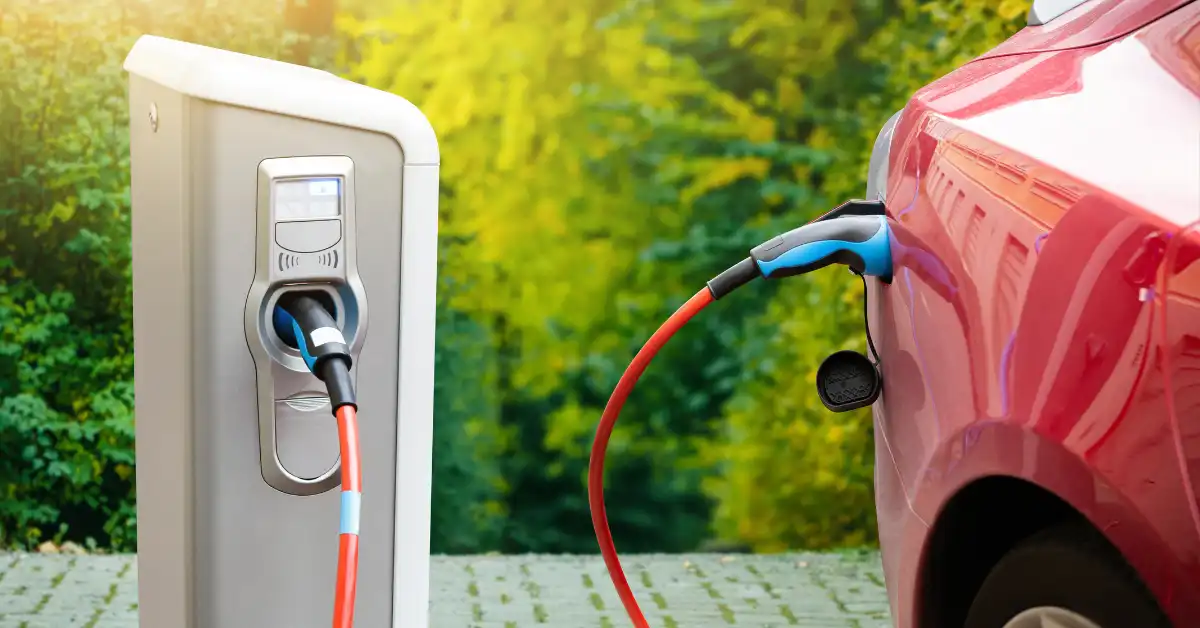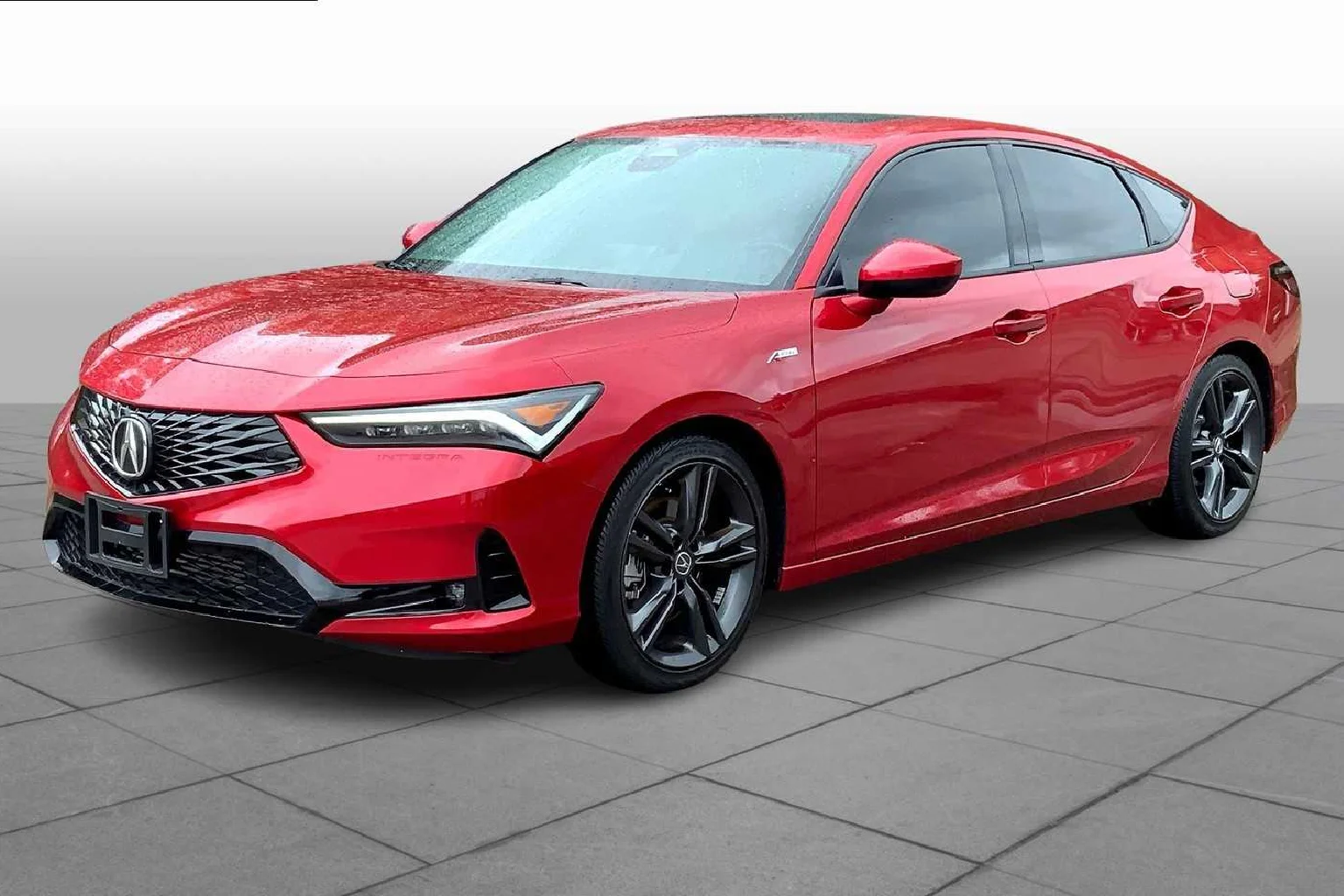Florida auto sales tax might sound like a small detail when you’re buying a car, but it can seriously change how much you end up paying. Whether you’re purchasing a new or used vehicle from a dealership or a private seller, understanding how the tax system works in Florida helps you avoid surprises. The state doesn’t charge personal income tax, but it definitely makes up for it with vehicle sales tax. In this article, we’ll break down how much tax you owe, how local counties can affect your final price, and what you can do to legally reduce your tax bill.
Table of Contents
ToggleFlorida Auto Sales Tax Quick Table
| Detail | Amount / Description |
| State Sales Tax Rate | 6% on full purchase price |
| Local County Surtax | 0.5%–2.5% (on first $5,000) |
| Max Combined Tax Rate | Up to 8.5% total |
| Tax Applies To | New, used, dealer and private sales |
| Trade-In Reduction Allowed | Yes – reduces taxable amount |
| Rebates/Discounts Reduce Tax? | No – only trade-ins count |
| Out-of-State Purchase Tax Credit | Yes – credit for tax already paid |
| Exemption After 6 Months | Yes – with proof of use outside Florida |
| Non-Resident Partial Exemption | Yes – Form DR-123 required |
| Tax Paid When | At time of registration or purchase |
What Is the Florida Auto Sales Tax Rate?
If you’re buying a car in Florida, the standard state sales tax on motor vehicles is 6%. This applies to the total purchase price of the car, minus any trade-in value you offer. So if you buy a car for $25,000 and trade in your old one for $5,000, you’ll only be taxed on the remaining $20,000.
But it doesn’t stop there. Most counties in Florida also charge a local discretionary sales surtax, which gets applied only to the first $5,000 of the vehicle price. Depending on your location, the surtax could be anywhere from 0.5% to 2.5%, making the total tax you pay between 6% and 8.5%. This surtax adds up quickly, especially in counties like Hillsborough or Miami-Dade.
For official surtax rates by county, you can visit the Florida Department of Revenue website.
How Is Florida Auto Sales Tax Calculated?
The process is simple on paper but easy to overlook if you’re not careful. Here’s how dealerships or Florida tax offices generally calculate Florida auto sales tax:
Total purchase price of the vehicle
Subtract trade-in value (but not rebates or discounts)
Apply the 6% Florida state tax
Add local surtax (only on first $5,000 of the price)
Let’s say you’re buying a car worth $30,000 and live in a county with a 1% surtax. You’d pay 6% on $30,000 ($1,800), and then 1% on the first $5,000 ($50), for a total of $1,850 in sales tax.
Do You Pay Tax on Private Car Sales in Florida?
Yes, you do. Even if you buy from a private individual, Florida law still requires that you pay the 6% state tax plus any local surtax when you go to register the vehicle. So even though there’s no dealer involved, you’ll still owe taxes at your local tax collector’s office.
The only way to avoid tax legally is to receive the vehicle as a gift, and even then, the donor and receiver need to file paperwork proving that no money changed hands.
What If You Buy a Car Out of State and Bring It to Florida?
This is where things can get tricky. If you purchase a vehicle in another state and plan to register it in Florida, you’ll likely owe a 6% Florida use tax. However, Florida allows a credit for any sales tax already paid to another state. So, if you paid 4% sales tax in Georgia, you’d only owe Florida the remaining 2%.
In case you’ve owned and used the car outside Florida for more than six months, and can prove it with documents like registration and insurance, you might be exempt from paying the Florida auto sales tax when bringing it into the state.
You can find more about this from the Florida Highway Safety and Motor Vehicles.
Florida County Tax Rates That Affect Auto Sales
Not every county charges the same local tax. Here are some examples:
Hillsborough County (Tampa) – 2.5%
Miami-Dade County – 1%
Orange County (Orlando) – 0.5%
Palm Beach County – 1%
Keep in mind, even though the surtax can be high in some places, it still only applies to the first $5,000 of the purchase. So, it has less of an impact on more expensive vehicles.
Are There Any Exemptions or Discounts?
Yes, in a few cases. If you’re a non-resident buying a car in Florida but planning to export the vehicle immediately (like back to your home state), you may qualify to pay only your home state’s tax rate instead of Florida’s. But you’ll need to fill out form DR-123 (Affidavit for Partial Exemption) and follow very specific delivery and documentation rules.
Also, trade-ins reduce your taxable amount. Rebates and incentives do not reduce the taxable price—only the trade-in amount does.
Why Florida Auto Sales Tax Is So Important to Understand
If you’re buying a car in Florida, understanding Florida auto sales tax means you can avoid being overcharged or caught off guard. The extra money can be several hundred—or even thousands—of dollars, depending on the vehicle and where you live.
For buyers financing their vehicle, this tax gets rolled into the total loan amount, which also increases your monthly payments. That’s why planning ahead and knowing your local tax rate is so important.
Tips to Save on Florida Auto Sales Tax
If you want to save money legally on car tax, here are a few things to consider:
Trade in a vehicle to reduce your taxable total
Shop in a county with a lower surtax if possible
Check if you’re eligible for a non-resident exemption
If buying out of state, make sure you get full proof of the tax you paid to get proper credit in Florida
Conclusion: Be Smart About Florida Auto Sales Tax
Buying a car is already a big financial decision. Knowing how Florida auto sales tax works can save you serious money and help you avoid stress when it’s time to register your car. Always calculate your full cost—including tax—before signing any deal, and check what your local county charges in surtax. Whether you’re buying from a dealer, a private seller, or out of state, these tax rules will apply the moment you register the car in Florida.
For more help calculating your final car cost in Florida, check out the official Sales Tax Calculator from Florida Revenue.
🔍 Frequently Asked Questions (FAQs)
Q1: What is the current Florida auto sales tax rate in 2025?
The state sales tax rate in Florida remains at 6% in 2025. However, your final cost may be higher depending on your local county’s surtax.
Q2: How much is county surtax on auto sales in Florida?
County surtax varies by location and ranges from 0.5% to 2.5%, but it only applies to the first $5,000 of the vehicle’s taxable price.
Q3: Do I have to pay sales tax if I buy a car from a private seller in Florida?
Yes, even for private sales, you must pay Florida auto sales tax when registering the vehicle at the DMV.
Q4: Can I avoid Florida auto sales tax if I trade in my old car?
Yes. The taxable amount is calculated after subtracting the trade-in value, which can significantly reduce your sales tax bill.
Q5: What if I buy a car out of state and bring it to Florida?
You’ll need to pay a 6% use tax in Florida. If you paid sales tax in the other state, Florida usually gives you credit for it.
Q6: Are there any exemptions for non-residents buying a car in Florida?
Yes. Non-residents may qualify for partial or full exemption if they file Form DR-123 and meet certain requirements, like removing the vehicle from Florida promptly.
Q7: Does Florida charge sales tax on leased vehicles?
Yes. The 6% state tax and county surtax apply to leased vehicles, usually based on the lease payments or capitalized cost.
Q8: Are gifts or inherited vehicles subject to sales tax in Florida?
No. Vehicles received as a gift or inheritance are typically exempt, but proper documentation must be filed with the state.
Q9: Can I pay Florida auto sales tax in installments?
No. Sales tax must be paid in full at the time of registration or vehicle purchase.Q10: How do I find my county’s current surtax rate?
You can check updated surtax rates on the Florida Department of Revenue website or call your local tax collector’s office.
I’m Waqas, an electric vehicle enthusiast and tech writer with over 6 years of experience covering the EV industry. I write in-depth articles, comparisons, and reviews to help readers understand the fast-evolving world of electric mobility. From battery technology to EV launches and charging trends, I aim to make complex EV topics simple, engaging, and informative for everyday drivers and curious readers alike.




